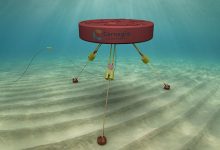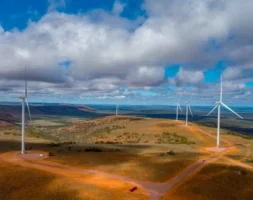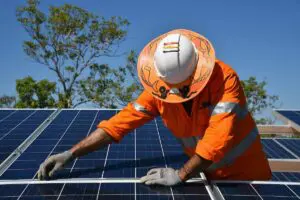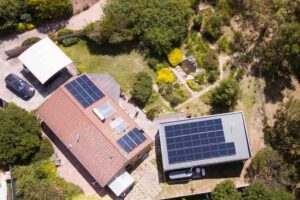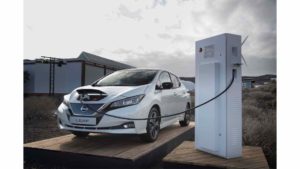Carnegie Clean Energy has marked the end of an eventful half-year, which saw the wave power company re-booted and reinstated to the ASX, and heralded the commencement of operations for its cornerstone Garden Island Microgrid.
In its interim results for the half-year ending December 2019, Carnegie posted a net profit after tax of $A654,268, after an extremely rocky 2018-19 that resulted in a net loss of some $45 million and saw the company enter into voluntary administration in May.
A sparsely-worded half-year results statement published at the end of last week said the company continued to progress the development of its CETO 6 wave energy technology along the pathway outlined in the Prospectus Recapitalisation Plan.
This included advancing “innovation opportunities” that the company believed could improve the performance of CETO through greater energy capture, more efficient conversion into electricity, higher system reliability, and reduction in cost.
“Significant advancements” were also said to have been made in the development of the machine learning-based Wave Predictor, which Carnegie said marked the first step towards an Intelligent Control System for the CETO technology.
The company also noted that it had received a final milestone payment of $865,000 under the ARENA CETO 6 Funding Agreement from December 2019, bringing that agreement to a close.
On Garden Island – which in December notched up the successful delivery of more than 1000MWh of renewable electricity to Australia’s largest naval base, off the coast of Perth Carnegie noted only that the Department of Defence was purchasing all of the power produced by the wave-power integrated microgrid.
According to the results statement, the sales revenue from electricity sales was $106,142 at 31 December, 2019.

